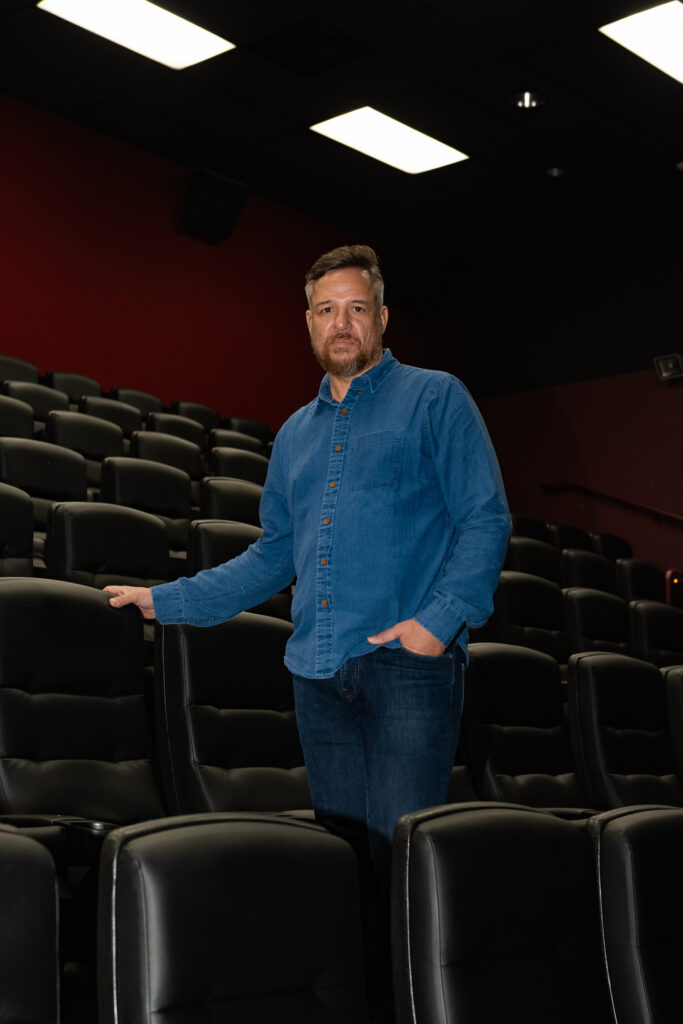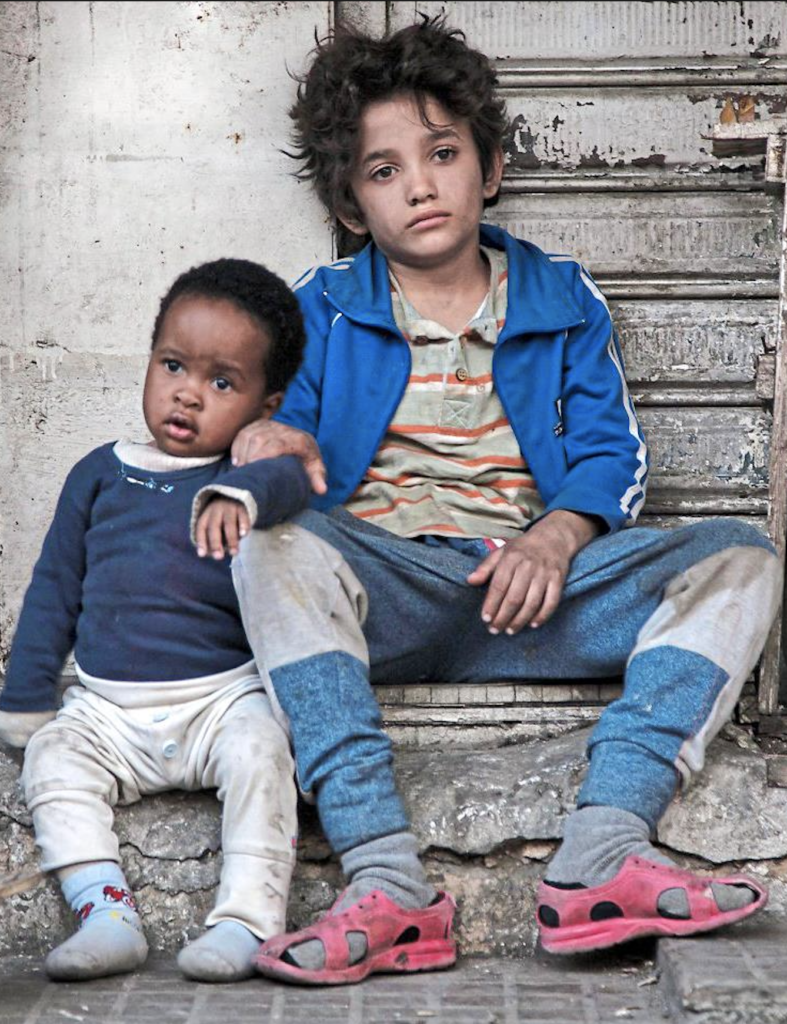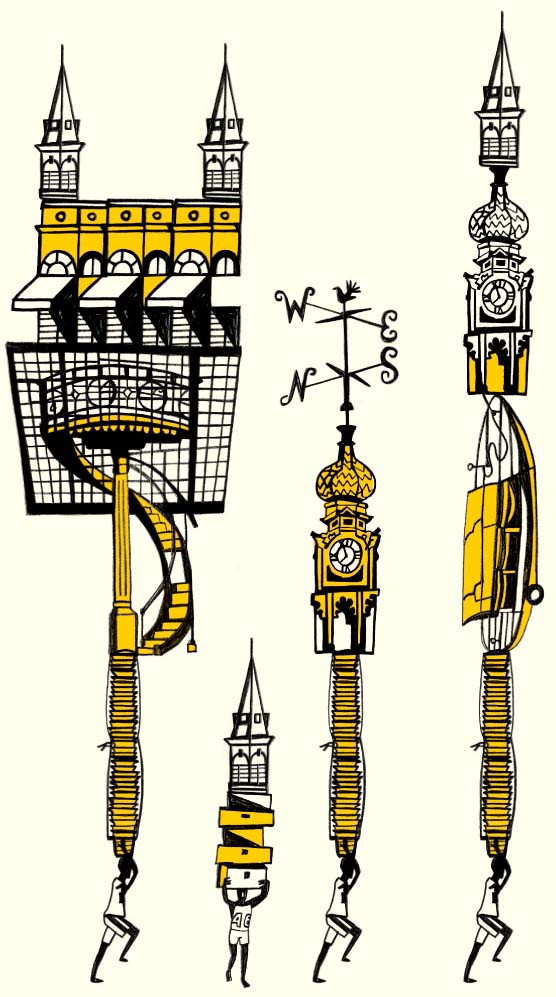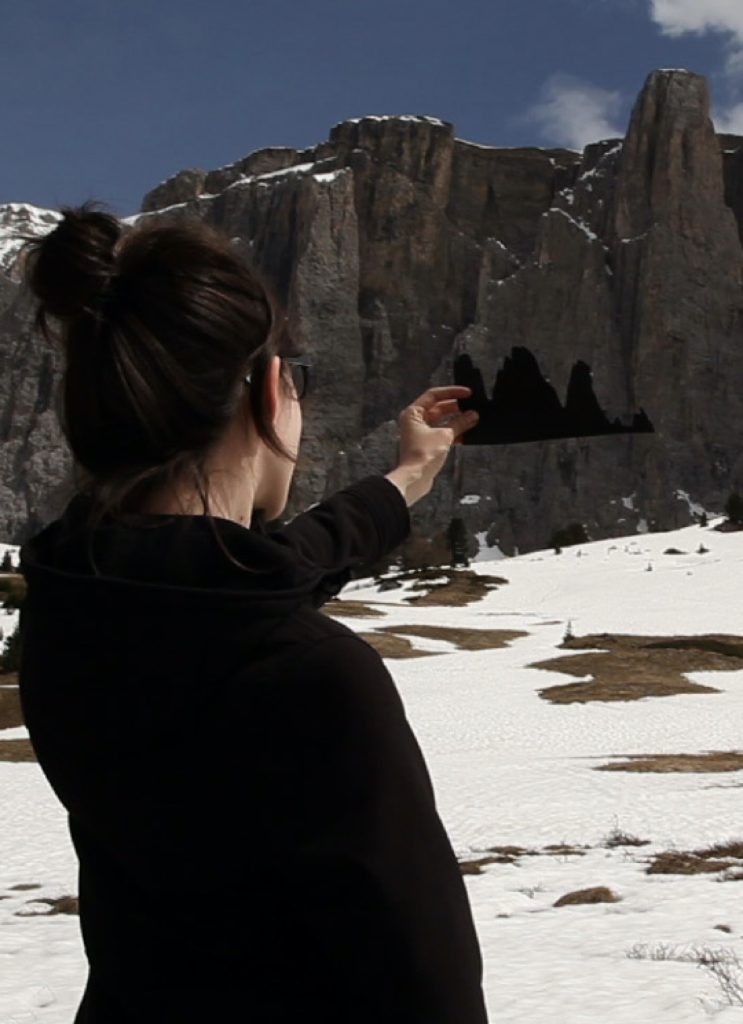
Education
Ph.D. in Film and Comparative Literature, Université de Montréal and Postdoctoral fellowship in Art & Culture at the School for the Contemporary Arts, Simon Fraser University, Vancouver. I am fluent in English, French, Portuguese, and Spanish, and have published and taught in all of those languages.
Editorship
Founder and editor-in-chief of the academic peer-reviewed journal Interactive Film and Media Journal hosted by Toronto Metropolitan University Library and Archive and OJS/PKP open-access journal system. Also, chair of the international Interactive Film and Media Virtual Conference and the #IFM Research Network.
Promoting Diversity, Critical Thinking, and Writing Practice
As a scholar and documentarian, what motivates me is the desire to share the knowledge that may be significant to others, and knowledge that reflects my own transnational identity and multi-ethnic French and Brazilian (Black, Indigenous, and European) background. In bringing my life experience and research to my creative work and into the classroom, I aim to construct a stimulating open-minded space for discussion and learning and also promoting active and inclusive participation drawing on diverse fields and cultures. Through this experience, I believe I built a safe and inclusive space for all to express their opinions and actively engage with topics on gender, race, and class through their personal social environment and cultural experience. Thus, I encouraged students to improve their critical faculties through the process of writing reviews on literature, film, new media, and art exhibits.
The section Intermedias Review of this website provides a dynamic environment for students to publish their writings as well as to provide resources as archives for researchers in politics, film, literature, culture and the arts: check students’ reviews and essays here.
Professorship
A member of the Yeates School of Graduate Studies in the program of Immigration and Settlement Studies at Toronto Metropolitan University (recently renamed), Canada. Teaches film, new media, and politics courses focusing on diaspora, migration, global justice, and digital divide at the Department of Politics and Public Administration and the Masters of Digital Media at Toronto Metropolitan University. Previously has taught at the University of Toronto, the University of British Columbia, Simon Fraser University, Université de Montréal, Universidade do Algarve, and Pontificia Universidade Católica de São Paulo. Courses on diaspora, world cinema, cultural studies, politics, literature, new media, and film.
Teaching Philosophy
My research, creations, and teaching always traverses and draws parallels between film, media, culture, and literary studies. My aim is to train students, through an interdisciplinary and multicultural approach, to understand: the prominence of film and literary studies in political debate, new media’s increasingly influential role in Western society, and the convergence of transnational media, literature and the arts. In order to more fully understand the influential role of transnationalism in a global society and in contemporary cross-border geopolitical cultures, I love cultivating students’ interests in intercultural and comparative theories and research and introducing them to the strengths of cultural exchange. I love to teach, and my goal is to give students tools with which to think, rather than to enforce particular political or aesthetic agendas. With their increasingly active participation with media in their lives, they need more interactivity and personal involvement in the classroom to become creative and independent thinkers and to accept more responsibility for their involvement with course material.
Areas of Interest
Storytelling across media, literatures, cultures, and languages is an essential component of my research work.

Refugees, Diaspora and Exile Experience and Discourse
The evolution of the story of exile, refugees, and diaspora in various filmic and writing practices as well as the transformation of narratives by the experience of displacement. How to tell/recount an experience so complex? Or, as per Julio Cortázar, what impact do exile, refugee, and diaspora have in the writing process? How are the experiences of exile and diaspora articulated? To what extent do attempts to relate deterritorialization / reterritorialization lead to a renewal of narrative? The experience of displacement determines the author’s conception of the world and sense of belonging. Both are seen from a displaced perspective: in-between places and cultures.

Luso-Afro-Brazilian Literature and Cinema
The study of texts and audiovisuals and consideration of the various ways authors express and situate themselves in culture. Semiotics, philosophical, political, and cultural analysis, discourse and narrative on Luso-Afro-Brazilian representative works in literature, cinema, as well as drama, and the language focusing on race, gender, and cultural studies. The complexities of a process of (de)colonization and mixegenation embarks a comprehensive understanding of human diversity of lusophone and portuguese speaking world and what it means to be an African, European and indigenous descendant.

Narrative, Politics, Media and New Technologies
From orality to text based and the advent of the digital revolution, the storytelling is leading from literacy to so-called post-literacy. How does storytelling or reading change in a nonlinear narrative? It is a phenomenon of transmigration or should we think of the existence of a universal archetypal background? Technological devices and personal media players have proliferated screens in public and private spaces. The re-representation of one medium by another has constituted a new urban landscape. What is our political and ethical responsibility with the increasing of screen based and digital technology? What kind of political expressions does this new digital cultural trading produce?